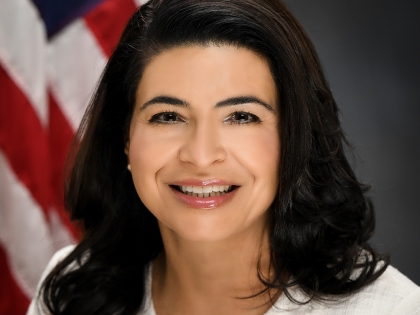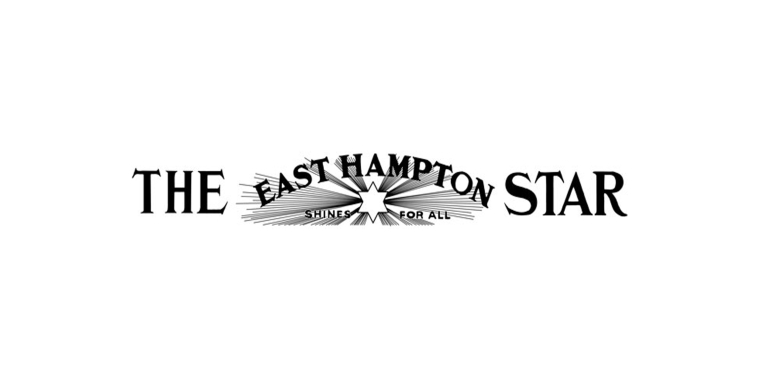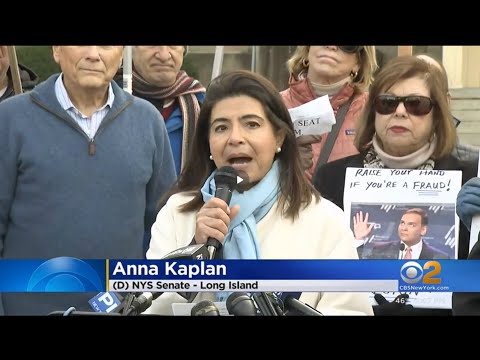
Iranian Americans on Long Island show support for people in their homeland who are demanding change

Iranian Americans on Long Island have launched peaceful campaigns recently to show support and solidarity for people in their homeland who are now fighting for change.
In Iran, nationwide protests, demonstrations and uprisings are demanding institutional reform after the Sept. 16 death of 22-year-old Mahsa (Zhina) Amini, who had been detained by the "morality police" over her failure to wear a head-covering hijab as required by the government.
Nowhere has the gravity of the situation been better understood than on the Great Neck peninsula, where a significant portion of the more than 15,000 Iranian Americans on Long Island reside.
There, Iranian American community members have come together to hold rallies and to raise funds for human rights organizations.
In Great Neck, Mayor Pedram Bral, an Iranian American, was among the organizers of a village rally Oct. 9, when hundreds of participants joined in what's become a worldwide call: "Women, Life, Freedom."
And, groups like the Great Neck-based Iranian American Jewish Federation of New York and the Iranian American Society of New York, Inc., based in Greenvale, have shown support for Iranian protesters.
Although it's a nonpolitical nonprofit, the Iranian American Society announced on its website that it was donating a portion of net proceeds from a recent event at Hunter College to Amnesty International in an effort to "condemn human rights violations," especially in Iran. A message on their website says: "Like all other Iranians, we share in your grief. Our thoughts and prayers have always been with the people of Iran."
"I hope in Iran they recognize that they have support throughout the world, but especially here in America," State Sen. Anna M. Kaplan (D-North Hills) said this week of those protesters. "That we see them, that we stand with them, that we support them."
Born Anna Monahemi in Tabriz, an ancient Silk Road city and capital of the East Azerbaijan province in an area of northern Iran said to be home to the biblical Garden of Eden, Kaplan came to the United States as a young girl — her parents sent her here alone after the 1979 Islamic Revolution.
Arriving in Brooklyn as part of an international effort to save Iran's Jewish children, Kaplan was sent to live with a foster family in Chicago, later reuniting with her family in Queens — after being granted political asylum.
"I was a 13-year-old when the far extreme took over our communities and our country," Kaplan said. "It's really sad that more than 40 years later they're still in power … The women, I'm really in awe of the women in Iran. I'm just in awe. So many of my [district] residents, so many women last week in Great Neck, they joined in to show support … Don't ever underestimate Persian women."
Asked about the recent battles in the United States over abortion and women's rights, Kaplan said, although they're different issues, the fights here and in Iran ultimately relate to "control over women." That's why it is important for local groups to continue to support protests in Iran, she said.
"It's nice to stand on the right side of the picture," she said. "The rights of people, whether here or 10,000 miles away, it's important. It's separate issues, yes. But I can't help but think it's always about controlling women. It's disheartening to see … But women's rights, women's freedoms, are human freedoms. Moms, sisters, nieces. We're all in this together."



